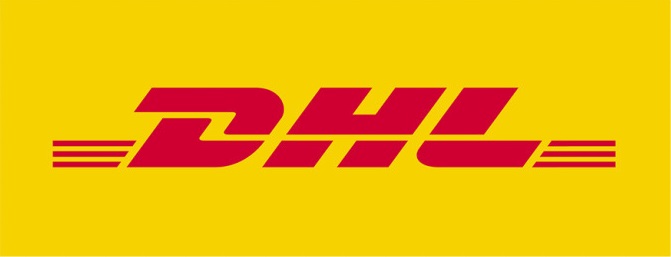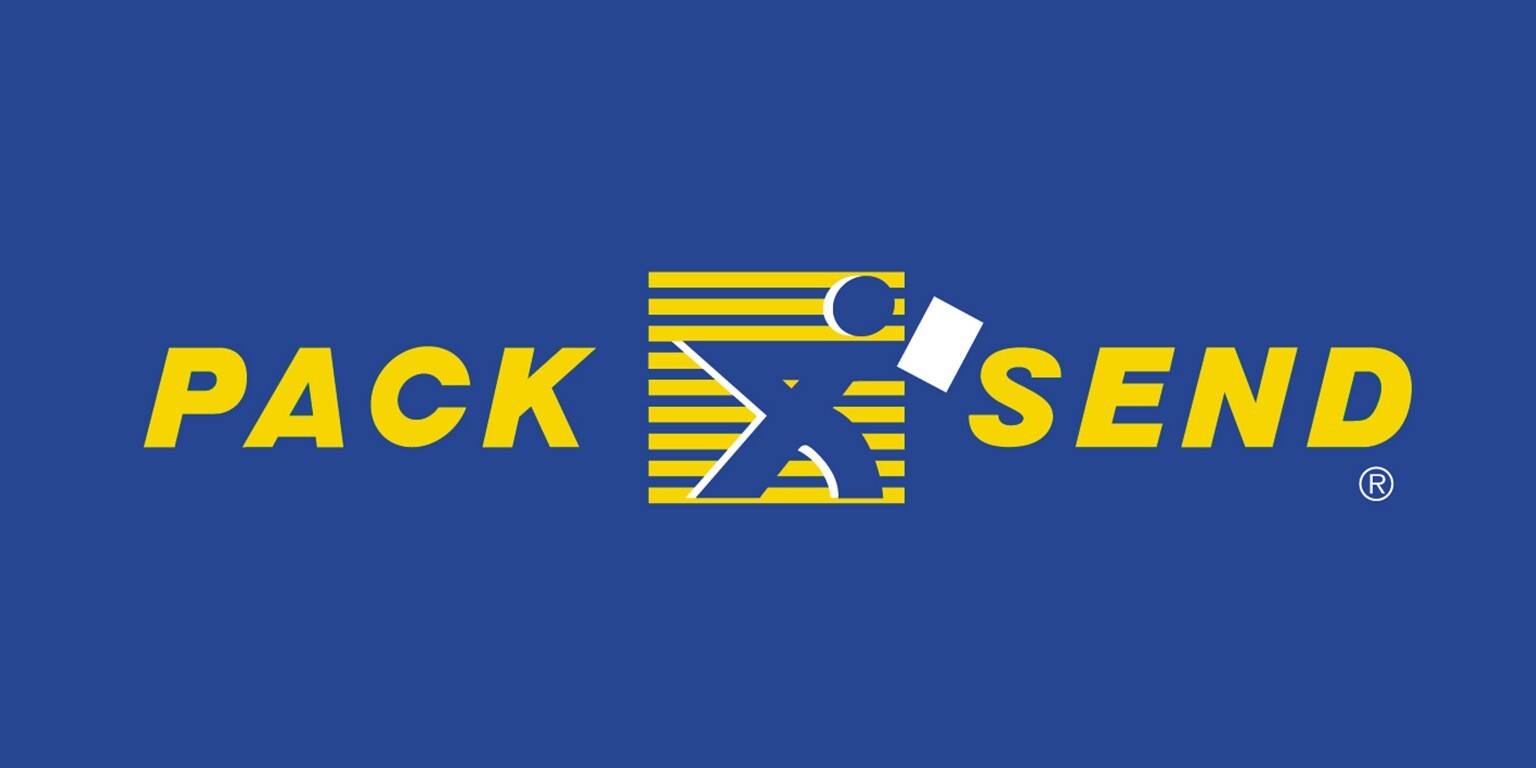Please Specify
Please Specify
Your email address

Streamline your workers’ compensation insurance & ensure your business is protected
If you’re running a business, you know firsthand how unexpected workplace injuries can impact not just your team, but also the stability of your operations.
Navigating the intricacies of workers’ compensation isn’t just about fulfilling legal requirements; it’s about creating a safer, more secure environment for your employees and your business.
Having a trusted insurance broker on your side can be the difference between being protected, and being open to potential risks and vulnerabilities. Protect your business and your people today.
What can workers’ compensation insurance cover?


Medical Expenses


Rehabilitation Costs


Lost Wages


Disability Benefits


Death Benefits


Legal Costs


Vocational Training


Ongoing Care Costs
What’s at risk?


Medical & Rehabilitation Risks
Medical treatment for work-related injury or illness can be costly. From hospital stays and surgical procedures to doctor visits and prescription medication, investing in your workers’ compensation insurance can save you money in the long run.
Rehabilitation expenses are also covered to help with your injured employee’s recovery and eventual return to work, and can cover specialised treatments like physiotherapy, occupational therapy, and more.


Income Loss & Disability Risks
Injured employees who aren’t able to work can pose a big financial risk. Your business could be liable for your employee’s lost wages and compensation for long-term disabilities.
A comprehensive worker’s compensation insurance plan can provide financial support to injured employees, which can include partial wage replacement. It shields your business from direct financial liability and helps maintain employee morale and loyalty by providing for their needs during recovery.


Legal Liability Risk
If an employee is injured at work, you face the risk of legal action from that employee. Lawsuits can be costly, not just in terms of settlements or judgments, but also in legal feeds and damage to your company’s reputation.
Workers’ compensation insurance generally includes employer liability coverage, which helps cover costs associated with defending a lawsuit, any settlements, and court-ordered judgments. This is crucial in protecting your business from financial and reputational.


Fatal Risk Management
Workplace fatalities are emotional, highly stressful times for anybody involved. The last thing you want to think about is the financial and legal consequences to your business, but it pays to consider these things well ahead of time.
Your company may need to pay compensatory claims from the deceased’s family, for things like funeral expenses and financial support for their dependents.
Need to make a claim?
Don’t worry – we’re here to help. Follow these steps to ensure a smooth claims process.
1. Gather information
Collect your essential information, including your policy number, insurer’s name, and agent’s contact. Be ready to describe the incident type, damage or loss, how it occurred, any witness, and any additional documentation or photos if available.
2. File your claim
To file a claim, contact your insurer and provide your policy number. The claims adjuster may request more information or documents, and some insurers offer online claim forms for quick submission.
3. Review and negotiate the claim
Once you file your claim, the insurer will respond within ten business days. If approved, expect a settlement offer that may be lower than anticipated. If denied, they’ll provide a reason, and you can appeal with legal guidance. Keep all related documents for future reference, and if your claim is approved, move forward accordingly.
4. Get the payment
After settling, expect a payment from the insurance company. For inquiries or claim status updates, contact your insurer or broker. In exceptional cases, like catastrophes, the process may extend up to 12 months, but you can still inquire about your claim’s status.
Our Client
Stories
Why GSK Insurance?
When you choose GSK as your partner in workers’ compensation insurance, you’re choosing an experienced, trusted partner who can help protect you from the unique challenges your business faces.


40 years experience
With over 40 years of experience, we’ve seen it all – and that’s why our customers trust us to provide them with the best insurance solutions for their unique needs.


Tailored Insurance Packages
Don’t settle for a one-size-fits-all insurance plan. Our tailored courier insurance ensures that you get the coverage you need to keep your business running smoothly.


Instant Quotes
Get the coverage you need, fast. With our instant quotes, you can find out just how affordable insurance can be, in just a few clicks.


Australia Wide Cover
From the outback to the coast, our Australia-wide cover means that you’ll always have the peace of mind you need to operate your business with confidence.


Competitive Pricing
Why pay more than you have to for insurance? Our competitive pricing ensures that you get the coverage you need at a price you can afford.


Excellent Customer Service
We believe that great customer service is the foundation of GSK Insurance. That’s why we go above and beyond to provide you with the support and guidance you need to make informed decisions about your insurance coverage.
Frequently Asked Questions
Who needs workers' compensation insurance?
Most businesses with employees are required to have workers’ compensation insurance. The requirements can vary by state or territory, but generally, any business with one or more employees should have this insurance.
What does workers' compensation insurance cover?
It typically covers medical expenses related to the injury, a portion of lost wages while the employee is unable to work, rehabilitation costs, and death benefits. It may also cover legal fees if an employee sues over injury.
How is workers' compensation insurance calculated?
Premiums are calculated based on factors such as the type of work, the industry, the company’s claims history, and the total payroll. Riskier industries will generally have higher premiums.
What is the process for filing a workers' compensation claim?
An injured employee must report the injury to their employee promptly. The employer then files a claim with their workers’ compensation insurance carrier. The insurer will evaluate the claim and determine benefits based on the injury’s severity and impact.
Can an employee sue my business if I have worker's compensation insurance?
Generally, workers’ compensation is a no-fault system, meaning employees can’t sue their employers for work-related injuries if they receive these benefits. There can be exceptions, like in the case of gross negligence, but this will depend on each individual case.
What happens if I don't have workers' compensation insurance?
Not having workers’ compensation insurance can lead to significant legal and financial consequences, including fines, penalties, and being liable for the full cost of an employee’s work-related injury or illness.
How does workers' compensation insurance benefit employers?
Workers’ compensation insurance protects employers from potentially costly lawsuits and provides a framework for supporting injured employees, which can help maintain workplace morale and productivity.
Are all workplace injuries covered by workers' compensation insurance?
Most work-related injuries are covered, but there are exceptions, such as injuries resulting from an employee’s intoxication or gross misconduct.
What's the difference between workers' compensation and employer's liability insurance?
Workers’ compensation covers employee injury/illness costs regardless of fault, while employer’s liability insurance protects employers from lawsuits alleging negligence resulting in employee injury or illness.
Download our Product Disclosure Statements
Workers’ Compensation Insurance by GSK Insurance
For more information about workers’ compensation insurance, contact GSK Insurance Brokers today.
Courier Hotline: 1300 220 212
Courier Email: [email protected]












